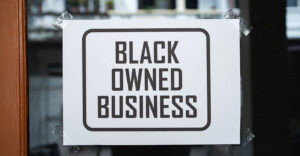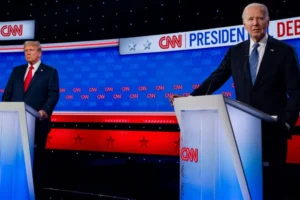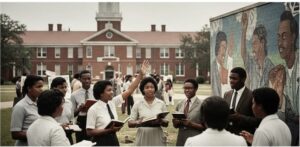Black & Missing: Howard Law Panel Explores Disparities in Finding Lost Women
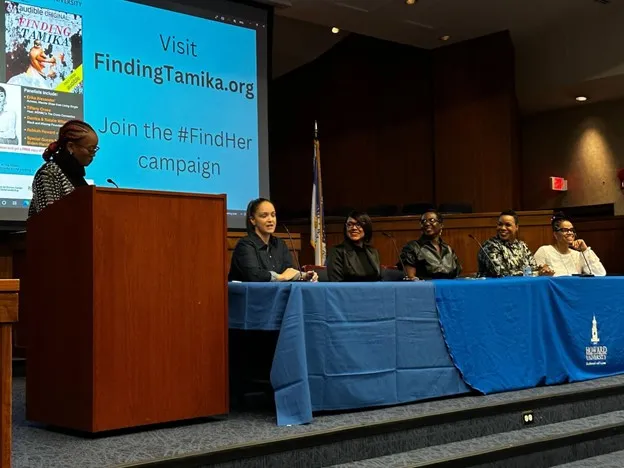
Experts from all over the country assembled at Howard University on Tuesday for a panel and frank discussion about missing Black women and the lack of media coverage.
Actress Ericka Alexander moderated the panel, which included Tiffany Cross, former host of MSNBC’s “Cross Connection”; Derrica and Natalie Wilson, founders of the Black & Missing Foundation; and Billi Wilkerson, managing director of the Thurgood Marshall Civil Rights Center at Howard’s School of Law.
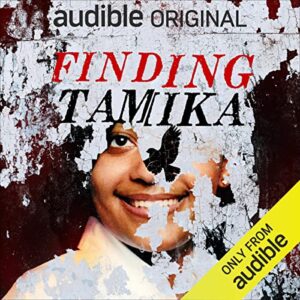
The event, which was held in the law school’s Moot Court Room, also amplified the Audible original series “Finding Tamika,” co-produced by Alexander’s company, Color Farm Media.
The disappearance and death of Tamika Huston happened almost 20 years ago in 2004. Yet her death, and the lack of media coverage surrounding it despite best efforts, is still relevant in highlighting the magnitude of the problem.
As Alexander said in her opening speech: “This series isn’t just a series about her life. It also guides on why and how national media distorts the rules of engagement for so many missing persons.”
Hudson’s aunt, Rebkah Howard, spoke about her experiences as a surviving family member. As a publicist, she essentially made her niece a client after her disappearance.
“I knew that I had the skill set, the contacts, the ability to get Tamika’s face out there, get her story told because that, to me, was the best hope in finding her,” Howard said. “In my naivety, certainly everyone would want to hear Tamika’s story, too.”
Cross, no stranger to authentic representation in media and the cross between the two, shared some insight as to why African Americans, especially Black women, are overlooked for coverage.
“So often as Black folks, we have to be perfect, in every capacity even in our death,” Cross said. “We have to have the most clean, pristine background to invite any sort of empathy from so many people.”
Howard has hosted many events this year, but this event stuck out to the students in attendance, especially sophomore broadcast journalism major Mackenzie Williams.
“I was fangirling for half the time; so that was amazing,” Williams said. “The whole reason I came to Howard was to be able to network and to have these type[s] of panels.”
“These people are coming to us, because they want us to speak to these issues when we get our degrees.”


